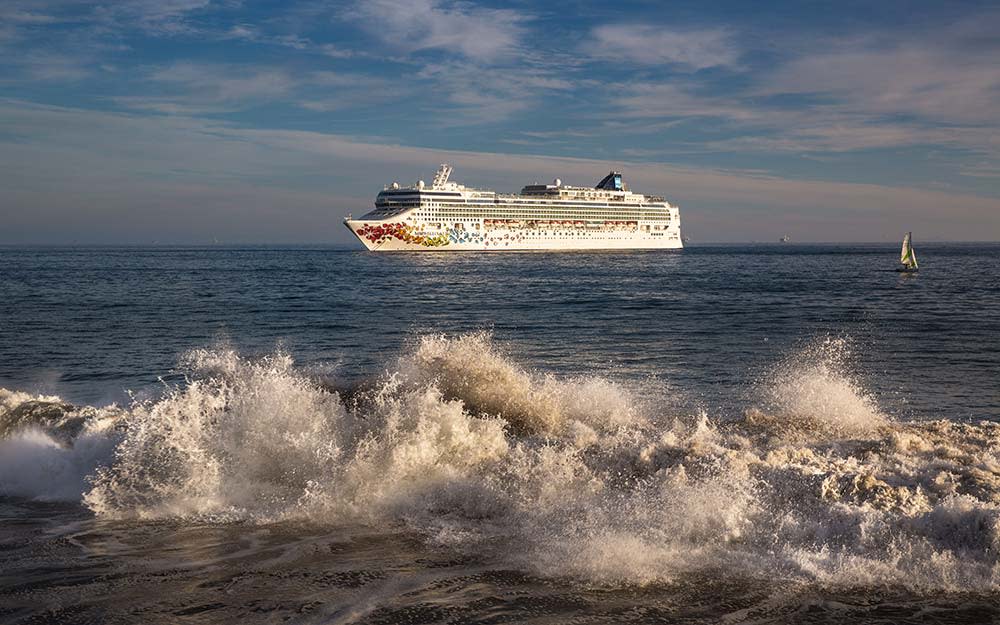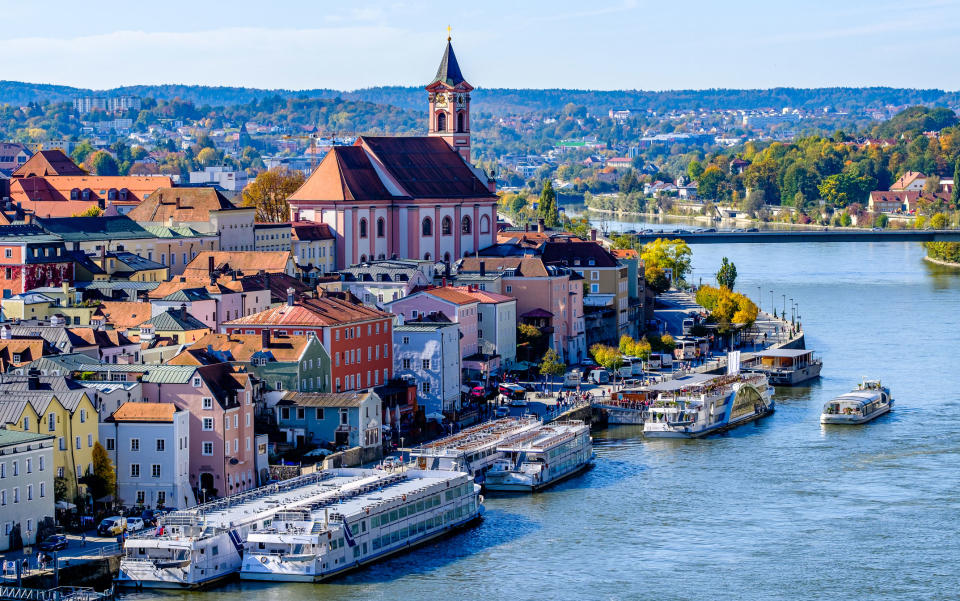Norwegian Cruise Line reveals plans to combat threat of Covid-19

Chief executive Frank Del Rio warns that the industry "cannot afford one more case" of virus
Ensuring cruise ship passengers are confident they will be healthy and safe onboard is going to “going to be a constant effort for a long, long time”, according to the head of Norwegian Cruise Line.
Frank Del Rio’s comments came as the cruise line released its health protocol plans, one of the first major cruise lines to go into detail about how post-pandemic cruising will look.
Cruise companies across the globe have paused operations since March as they look to implement safety measures – though, as The Telegraph reported on Monday, one European line has already returned to river cruising.
Mr Del Rio, speaking during a Travel Weekly webcast, warned that “the cruise industry cannot afford one more case of Covid-19 on board” but stressed that if protocols were established it could mean ships as “a controlled environment, will be the safest place in the world – much safer than if you are in the general population in your own community.”
“We’re not looking at getting our ticket punched, so to speak, as an optical illusion, or doing the minimum required to get the authorities to lift the ban from cruising”, he said.

“I want to do whatever I have to do to be able to look my grandchildren and my 88-year-old mother in the eye and say ‘come on board; it’s safer than ever to come on a Norwegian Cruise Line Holdings vessel because we’ve done all these things’.”
Mr Del Rio added that the cruise line was “going to deploy the full gamut.”
“We’re going to throw the kitchen sink at this. This virus evolves and we’re learning a lot of things every day so we want to make sure that we have every single base covered."
Norwegian Cruise Line Holdings – which comprises Regent Seven Seas, Oceania Cruises and the eponymous Norwegian Cruise Line – is currently expected to phase back into service from August 1.
As part of Norwegian’s new fleet-wide ‘Sail Safe’ policy, passengers can expect medical-grade air filters, regular temperature checks (including on embarkation, before debarkation and before meals) and social distancing.
The capacity of each vessel will be reduced so there will be more space for those in board, and staggered embarkation and online check-in will be implemented to allow required physical distancing. On board activities will still take place but in smaller numbers.
The self-service buffets, an ever-popular cruise feature, are being removed, and instead staff will serve all food and drink.
There will be a larger focus on screening, Mr Del Rio said, with the company’s experts predicting that within 90 days testing for Covid-19 will be “ubiquitous”

“It will be as common as going to the pharmacy and getting a pregnancy test. That’s going to be a big game-changer if we can test people as they come on board.”
The news is a remarkable turnaround for a company that at the start of May raised "substantial doubt" about its ability to continue as a "going concern”.
Most major cruise lines have been cautious about revealing how the cruise experience will look when travel restrictions are eased.
A far smaller operation, Bahamas Paradise Cruise Line, was one of the first to give a clear summary of what passengers can expect. Its plans include limiting the number of cabins by closing two passenger decks, which will leave capacity 40 per cent lower than normal.
Carnival Cruise Line, which is due to resume sailing from three US ports from August 1, announced on Monday that it had partnered with a company that provides thermal imaging cameras to test the temperatures of passengers and crew, although it is yet to detail how and when this procedure would take place
This follows the installation of similar cameras at Portsmouth, which was the first UK port to implement such a measure.


